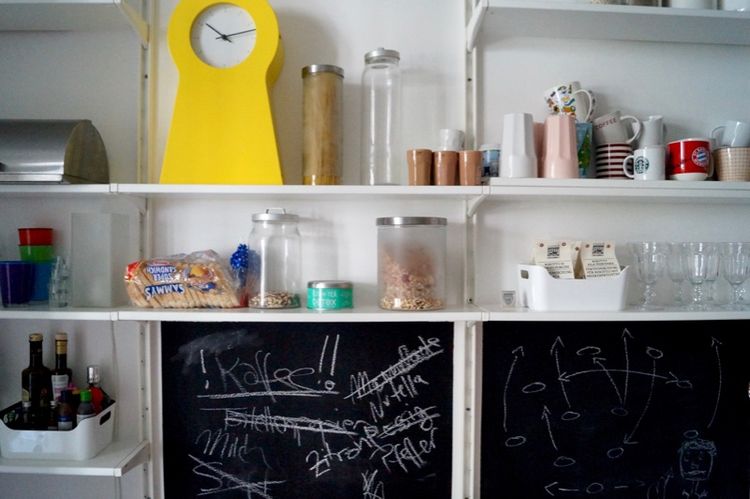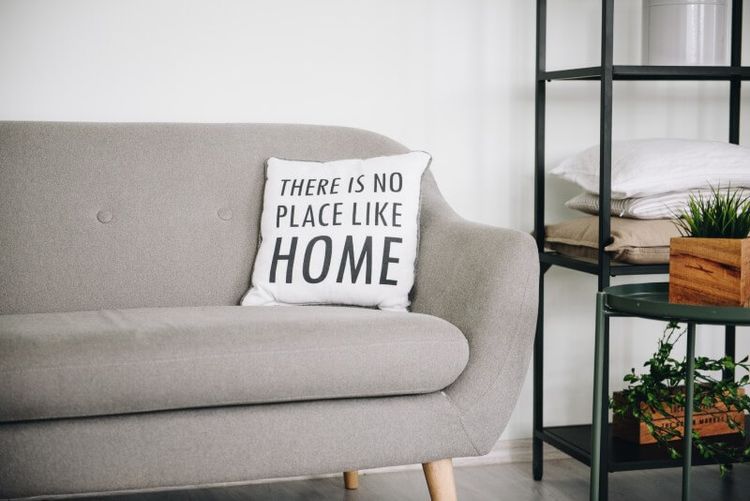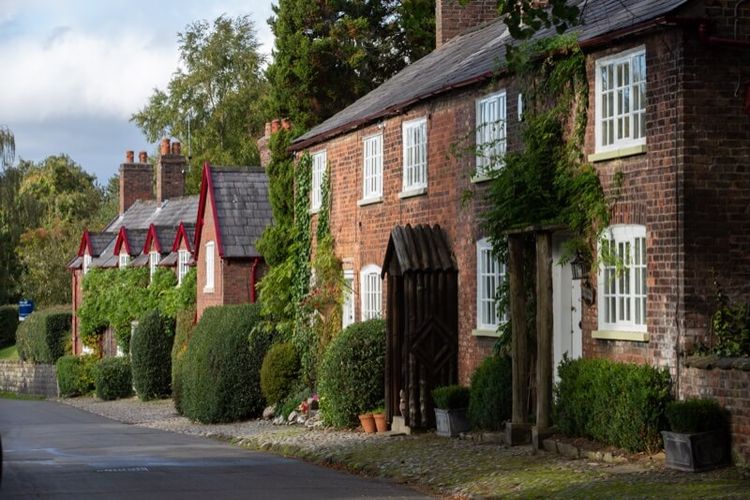How to get on the property ladder
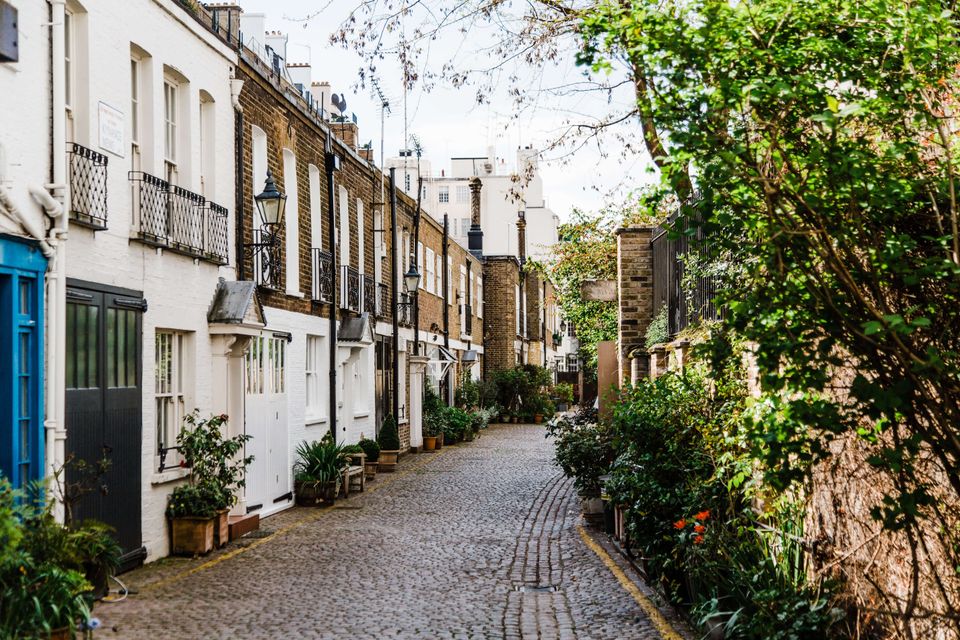
The journey to putting down that first offer for a home can seem like a long one, especially in light of changes caused by the Covid-19 pandemic, Brexit, and other external factors. As a first-time buyer, what do you need to do to get on the property ladder?
This article will offer some helpful advice and tips for people starting their property journey. Let's take a look at what you can do to get your dream home.
Is it hard to get onto the property ladder?
Short answer? It's a difficult time to get onto the property ladder without any advice, guidance or external help. The past few years have seen a lot of changes that have had a significant impact on the housing market, making it more difficult for buyers to get a mortgage and afford deposits for a house.
The housing market has taken a hit since the pandemic
Over the past couple of years, and even more so as a result of the pandemic, an increasing number of lenders have ended mortgage offers for borrowers with a 5% or 10% deposit.
Buyers face tougher caps on mortgages
Another factor that's made it difficult for people to buy their first home is the tougher caps on mortgage thresholds, making mortgages a lot trickier to come by.
When you apply for a mortgage, how much you’ll be able to borrow is usually capped at a multiple of your annual earnings. The average multiple is only 3.53 times your income.
However, these mortgage thresholds have been capped at a lower value from a number of lenders, due to the pandemic's impact on the housing market. This has made it much more difficult for first-time buyers to apply for mortgages.
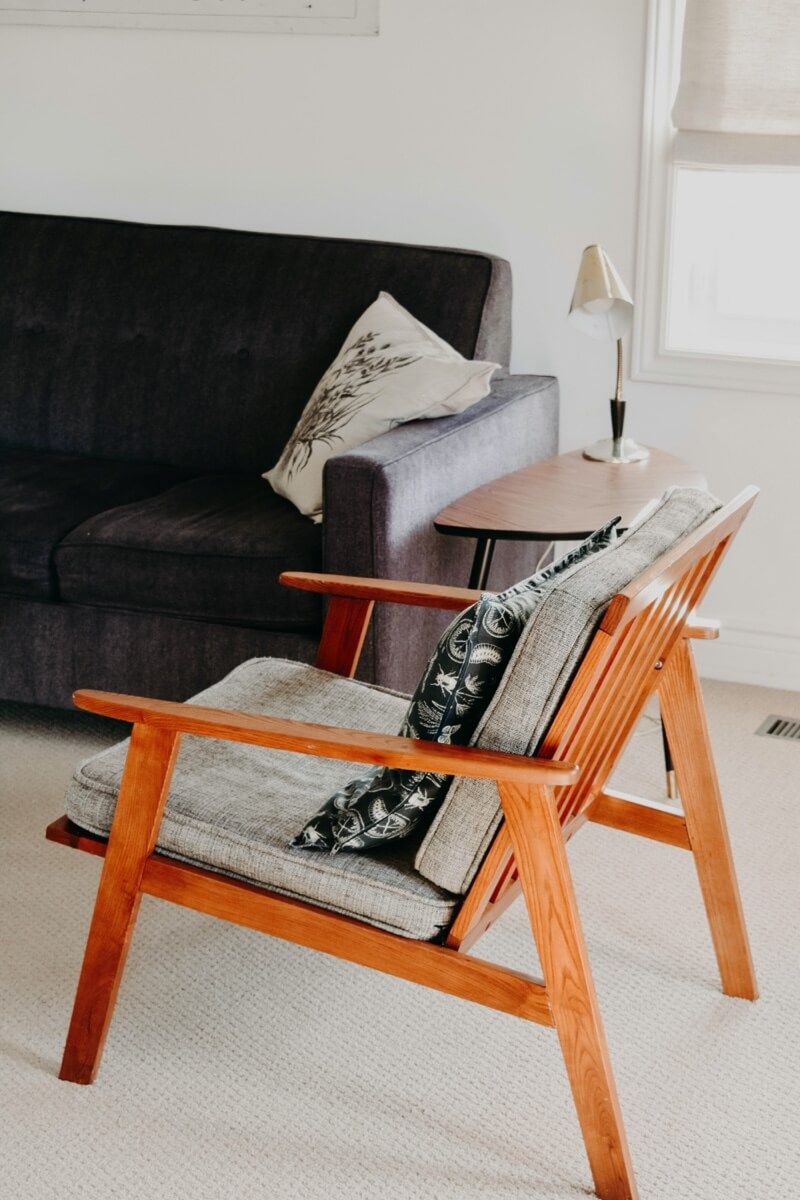
High rents
High rents mean savings are being spent every month on the cost of rented properties, rather than deposits for a dream house or flat. People can't even start to think about putting in an offer for a home when the monthly rent fees are draining most of their savings.
However, it's not all doom and gloom. The government has initiated schemes and funding to help you buy your first flat, house, family home, get a mortgage, or buy a property. So if you think you're ready to buy your first home, but you're not sure how to start, then don't worry. There are plenty of schemes and funding out there to help cover some of the costs.
Ways to get on the property ladder as a first time buyer

Luckily, there are schemes out there to help you get a foot on the property ladder:
Help to Buy ISA
The Help to Buy Individual Savings Account was specifically designed to help first time buyers save up a deposit. You could initially pay up to £1,200 into this type of savings account, then up to a monthly sum of £200 for the following months. The idea behind this ISA scheme was to let first-time buyers open up a savings account with a high interest rate. With a help to buy ISA, the government will add 25% to any money you put into the account.
If you opened up a Help to Buy ISA in 2019, you can save up until November 2029. That's a big savings potential ready for when you buy your first home.
Shared Ownership
A Shared Ownership scheme will allow you to buy a share of a property from a council or housing association, and pay rent on the remaining part, with an option to buy a bigger share later.
If your household earns less than £80,000 a year, or £90,000 if you live in London, you can buy a share in the property which usually amounts to 25-75% of the property's value (with the option to buy a bigger share of up to 100% of the property's value further down the line if you want to).
Shared Ownership schemes are useful for those on a lower income because the deposit you have to pay is lower, which means the mortgage is lower too. For example, if you're buying a 50% share of the house, the value of your deposit is halved.
For those who can't afford the deposit to buy a house outright, going with a Shared Ownership scheme is another option to get started.
Tips to help you buy your first home
There are also steps you can take beyond applying for authorised and regulated government schemes. Let's take a look at some examples.
Do your research
As with anything, you need to put the research in when you're making a big investment. Start by thinking about what kind of property you want to purchase: a house, a flat, a new-build, a family home. Then think about where you want buy your home. Prices will vary from place to place. For example, you may not be able to afford a family home in London, but you could afford a family home in Leeds or Manchester.
Save as much as you can for a deposit
If you're serious about buying and owning your first home, you need to be serious about saving. The more you can save for a deposit, the further ahead you'll be in becoming a homeowner.
We've already mentioned the help to buy schemes, but you can open your own saving accounts as well to keep you on track.
Budget, budget, budget
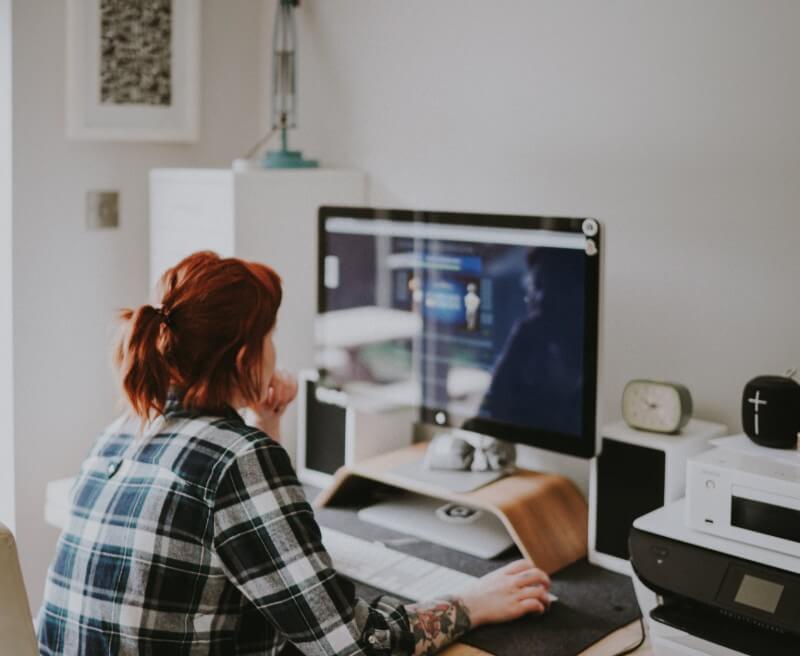
Budgeting is really important when you're saving up to buy a property, especially if you have a low income. Drafting a clear plan about what you need to pay will give you insight into what kind of property you can afford, and how to budget accordingly.
When you budget, you'll need to check that you're covering all the costs: the deposit, the mortgage payments to the bank or other lender, arrangement fees, booking fees, valuation and survey fees, not to mention tax. Make sure you know every cost. That way, you can map out an informed budget that you can follow when you purchase your home.
Start checking your credit score
Having a higher credit score will improve your chances of getting a mortgage. A credit score, which is found in your credit report, details any outstanding credit agreements you have, including credit cards, loans and mobile phone plans and looks at whether you make repayments on time and in full.
When you're seeking a mortgage, your bank or building society will check your score, which will determine whether or not they decide to be your lenders.
If your score is quite low, there are ways to improve it. You could improve your credit score by making sure you do not miss any repayments and repaying more than the minimum each month on outstanding credit card balances.
Seek expert advice from a mortgage advisor
Making sure you get the best advice when it comes to your mortgage is vital when buying, not just for the first time, but at any point you wish to buy your property. It can save you a lot of time, money and effort.
You can check if you're able to apply for a mortgage by getting an Agreement in Principle (or AIP). This tells you if the lenders can lend you the amount you need for your mortgage. It doesn't take long to complete one online, and it saves you time on making a mortgage appointment. Completing the form and finding out if you qualify for a mortgage doesn't guarantee a lender will grant you one, but it's a good start.
Your monthly mortgage is at the crux of your property journey, not only when you buy a house, but if and when you eventually want to sell that house too. Getting expert guidance on how to manage your mortgage will hold you in good stead for any future properties you want to invest in.

